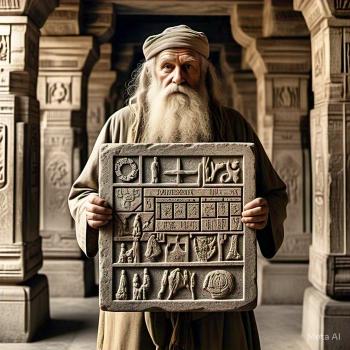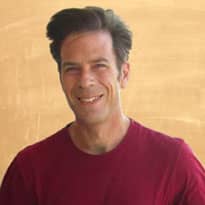Time and experience had beggared my fantasy life, which is probably as it should be. Nevertheless, in that space, despite the occasional human clutter, I felt an inner expansion that took me back to those hours by the lake. Without thinking of anything in particular, I found it just possible to conceive of a living God Who had nothing in common with a sales manager. That these incidental details had such a transformative effect must seem a little silly, but nostalgia as a force is as potent as it is irrational. My mother has confessed to crushes on James Gandolfini and Ed O'Neill for the simple reason that each man, in his own way, reminds her of her father.
The last thing I mean to do here is make a general case for Low Church over High Church. I readily empathize with anyone who feels inspired by pomp. In many instances, my own tastes are High Tory, or at least Conservative Whig. I love baroque music and architecture, and military reviews. Hearing "Rule, Britannia" sung on Last Night of the Proms sends a chill up my spine; hearing "Der Hohenfriedbergermarsch" under any circumstances makes my hair stand on end. My escapist literature must feature at least one character with a dueling scar.
But all that is stimulation. What I seek in worship is an inner loosening. (Perhaps I should insert a joke about a spiritual laxative before somebody else does.) The two are not identical, and in some cases, may be inimical.
In Henry James' story "The Real Thing," an artist engages two down-at-the-heels gentlefolk as models. He allows himself to be persuaded that drawing from life will enable him to capture all the intangibles, like breeding and bearing, that set born aristocrats apart from other people. In the event, the opposite proves to be true: the similarity of the models to the characters they mean to portray cramps the artist's imagination. As he says of the pair's female half: "I placed her in every conceivable position, but she managed to obliterate their differences. She was always a lady certainly, and into the bargain was always the same lady."
That inner loosening I seek makes it possible for me to suspend my disbelief in the things I attend Mass hoping to believe. It resembles the state of mine that nurtured my childhood daydreams because faith, for me, is an exercise in imagination. My imagination, I'm starting to see, works a little like that of James' artist; it needs room to breathe. To throw too much literalness in its path is to oppress it. For all I know, bells, smells, and organ music do approximate the heavenly liturgy, but they make me think of nothing but bells, smells, and organ music—and the question of how this or that First Things columnist would rate them.
I suspect some of the Desert Fathers had this in mind when they fled the cities. But I am not so hardy as they were. Even if someone were celebrating Masses in a cave somewhere, I'm not sure I'd be up for the trip. No, I'm stuck with the task of searching for inner freedom in suburbia. This sounds comical, and it is. It is not, however, impossible—more like finding good bagels in Phoenix than finding a good snowball fight.
New York Times fashion photographer Bill Cunningham admits that, as a boy, he felt transfixed by the hats of the women in church. I realize I sound a bit like the sensitive—read: neurotic—artist in the King Missile song when I say it's just that sort of trifle that can liberate me. A look of special serenity will creep over the face of a parishioner. A hymn will, unexpectedly, get the crowd singing like Baptists. A mother (or father) will rush back from the crying room during the consecration in an attitude of, "Whew! Just in time!" They're all extraneous to the service; certainly, they can't be legislated like the placement of the altar. Just the same, they give me the sense of sitting on grass, able to stretch out my legs—for miles, if I choose.





